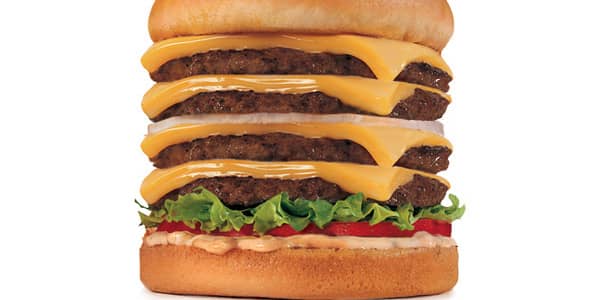The latest consumer confidence report aside, Americans are still apprehensive, especially about their jobs, and that fear is likely to weigh on consumer spending in the months ahead, according to one retail industry consultant.
Burt Flickinger, managing director of retail consultantcy Strategic Resource Group, said the US has just entered a 500-day retail recession, and before it’s over, the US will see weaker retail sales, more store closures and even additional retailers joining Borders in bankruptcy.
Helping to drive the trend is a weak labor market, Flickinger said.
Job growth has remained elusive, pushing the unemployment rate to 9.2 percent. Flickinger also expects more people will be joining the ranks of the unemployed as state and local governments make further cuts to their budgets.
The latest consumer confidence reportfrom the Conference Board showed consumer attitudes perked up from the prior month, but it also captured growing fears about jobs. Those fears are likely to curtail spending, especially when you consider the large numbers of households that are living paycheck to paycheck.
Flickinger also cited the long-term unemployed who will stop receiving extended unemployment benefitsthis year as another contributing factor. Once the checks stop arriving, these people will have even less money than they do now.
A recent study by Moody's Analytics estimated that close to $2 of every $10 that went into American's wallets last year were payments like jobless benefits, food stamps, Social Security and disability. As the jobless benefits expire, about $37 billion will be drained from the nation's pocketbooks, according to Moody's.
Couple these trends with sky-rocketing inflation for food and clothingas well as for gasoline prices, which are on the rise again, and you quickly see just how pinched the consumer is.
“For the bottom one-fifth, the situation is so tragic, they can’t afford even dollar stores at the end of the month,” Flickinger said.
Earlier this year, consumers had begun to spend again because they began to believe the economy would get better, but now their minds have changed, he said.
Flickinger compares the current climate to that of the time period between 1973 and 1982.
He expects retail spending to slowly fall the rest of this year and into 2012, at which point the decline will become more dramatic.
The bright spot in his forecast is that he expects the retail industry to bounce back in between 2013 to 2014, and usher in a "retail renaissance."
That's because only the savviest of retailers will survive the downturn.
What's interesting about the emerging retail landscape as Flickinger sees it, is that it's not a simple equation of consumers feeling pressure and heading to discounters to stretch their dollars.
Consumers have gotten smarter than that. They're aggressively using coupons and stacking discounts and turning to the retailers where they can get the best deal, he said.
As an example, Flickinger cited Kohl's , which offers numerous weekly coupons as well as other promotional programs such as Kohl's cash, which gives shoppers a coupon they can use at a later date based on the money they have already spent on a recent purchase.
Flickinger also expects that more consumers are looking to Targetrather than Wal-Mart Stores because they have seen that they can sometimes save more money at Target. The problem is those consumers are also buying fewer products when they shop.
This was an observation that emerged from Pepsi's earnings last week.
"The modest pickup in total consumer spending almost all US businesses saw earlier in the year has reversed in the past several months," said Pepsi CEO Indra Nooyi, during the company's conference call.
And Pepsi wasn't the only company making that observation.
Whirlpool , the world's largest appliance maker said it expected industry-wide shipments to fall 1 to 2 percent in the US this year. Earlier this year, the company had expected shipments to rise 2 to 3 percent.
Even those selling necessities like food and medicine aren't safe. On Monday, Goldman Sachs lowered ratings for both Safeway and Kroger to neutral. In the wake of weak second-quarter earnings at Safeway last week, Goldman anticipates more tough times aheadas accelerating inflation hurts demand.
Flickinger bases his forecast on conversations with retailers and trends in their same-store sales. He expects this downturn began the week after the Fourth of July holiday.
This isn't the first time Flickinger has predicted a retail recession. Back in December 2007, he predicted a 700-day retail recession, which was later revised to a 1,000-day downturn.
Questions? Comments? Email us at consumernation@cnbc.com. Follow Christina Cheddar Berk on Twitter @ccheddarberk.





